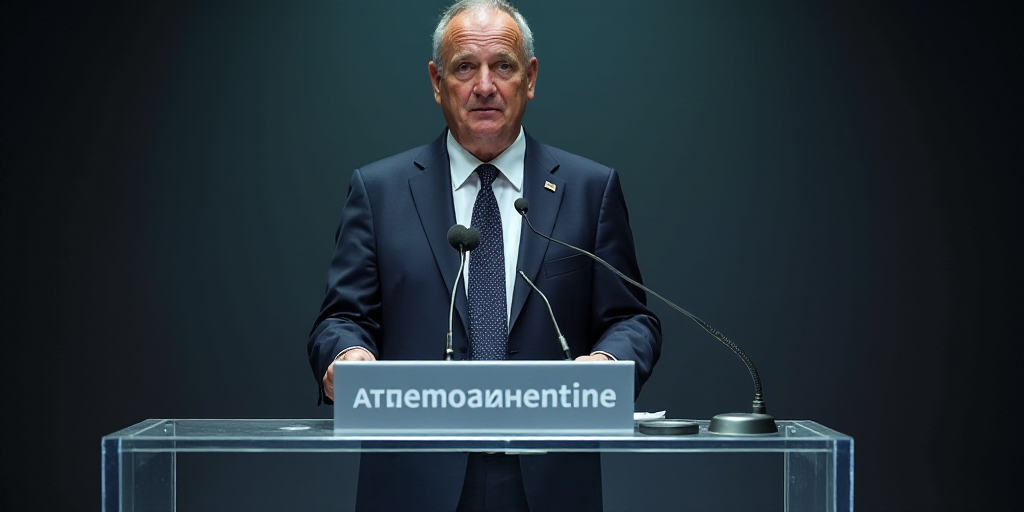Background on the Situation
The United States and Germany share an interest in finding a swift resolution to the ongoing trade tariff dispute, according to German Finance Minister Lars Klingbeil.
After a brief respite, President Trump escalated tensions on Friday by pushing for a 50% tariff on goods from the European Union’s 27 member countries, set to take effect June 1st.
In 2021, Germany was the largest exporter from the EU to the US, with shipments valued at €161 billion (approximately $183 billion), according to official figures.
Klingbeil’s Appeal for Cooperation
Despite this, Klingbeil emphasized in an interview with German public broadcaster ARD that tariffs threaten both the US and the German economy.
“We should not feel provoked but rather focus on what’s at stake. We want a joint solution with the US… and I want to say very clearly here that this also concerns the United States,”
He further stated, “All US data regarding the dollar and Treasury bonds indicate that they should also have an interest in collaborating with us.”
US Pause on Tariffs
The White House temporarily halted the majority of tariffs announced by Trump in early April against nearly all countries worldwide following investor sell-offs of US assets, including Treasury bonds and the dollar.
Trump implemented a baseline 10% tariff on most imports, later reducing the 145% tariff on Chinese products to 30%.
Potential Impact of Proposed EU Tariffs
A 50% tariff on EU imports would increase consumer prices in the US, particularly for German automobiles, pharmaceutical products, and machinery.
Key Questions and Answers
- Who is Lars Klingbeil? Lars Klingbeil is the German Federal Minister for the Federal Finance Agency, essentially the German Finance Minister.
- What is the current trade tariff dispute about? The dispute centers around proposed tariffs by the US on imports from various countries, including a significant threat of a 50% tariff on EU goods.
- Why is Germany concerned? Germany is the largest EU exporter to the US, with €161 billion worth of shipments in 2021. A tariff increase would threaten this vital trade relationship and impact the German economy.
- What is Klingbeil’s proposal? Klingbeil advocates for a joint solution with the US, emphasizing mutual benefits and referencing US economic indicators such as the value of the dollar and Treasury bonds.
- What are the potential consequences of the proposed EU tariffs for US consumers? A 50% tariff on EU imports could lead to increased prices for German automobiles, pharmaceutical products, and machinery in the US market.






